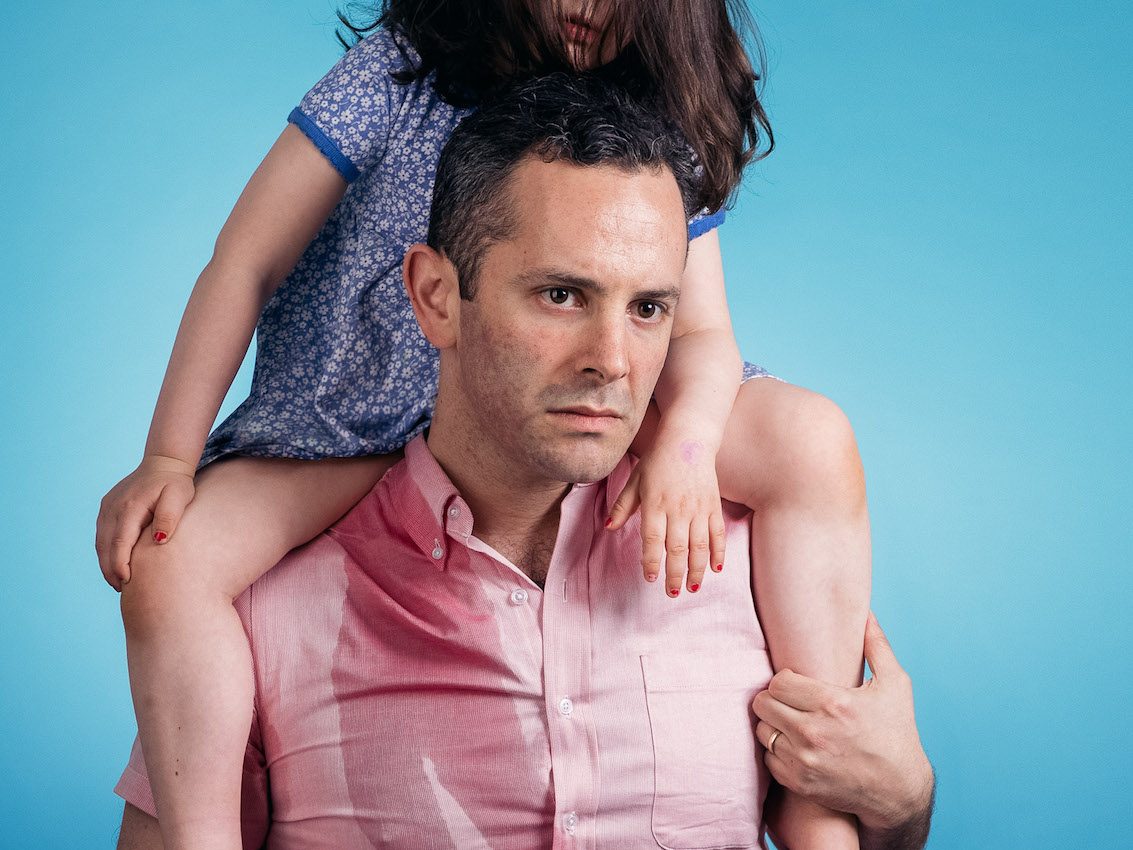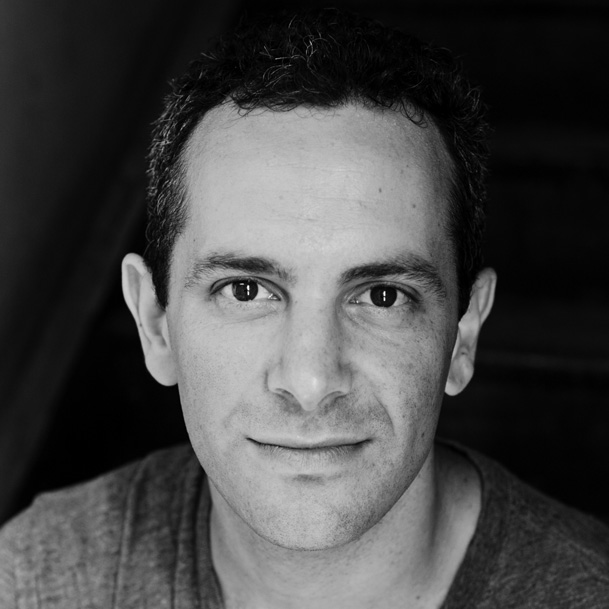I’m Talking About You
Satire must not be a kind of superfluous ill will, but ill will from a higher point of view … hatred against the bogged-down vileness of average man as against the possible heights that humanity might attain.
– PAUL KLEE, The Diaries of Paul Klee
How many of you have had an affair or cheated on your partners? Spread an STI? Swore at your kid? Hit your kid? Punched a wall in front of your kid?
. . .
I don’t need to know what your little secrets are. I know you have them. We all have secrets.
I am an artist and teacher, often known to work in a theatrical performance style called bouffon: a style rooted in the deep pleasure of mocking the human experience. Or we could call it the fine art of satire.
In the middle ages, throughout Europe, bouffons were the village outcasts, shunned and turned away from civil society and thereby forced to live on the outskirts of town. It was in these shantytowns, swamps, and slums that the bouffons banded together and learned to love the freedom of a life beyond the system. They were uninhibited, unrestricted, and uncontrolled. From time to time, they would hear stories from the village that had banished them. Stories about their queen’s drug habit, her suitors, the king’s problem with impotence, the banker’s trysts with underage school girls. These tales of bad leaders made good fodder for the bouffons’ plays. And bouffons like to make plays.

“Bouffon” by Pierre Vorpuni (CC BY 2.0)
Once a year, because of civic duty or royal pity, the village gentry would invite the bouffons back into town, to parade and put on a show. The plot of the show? Perhaps the zany tale of a backwards kingdom where a queen is high on amphetamines and has torrid affairs with her squires; where a king who can’t get it up weeps for the plight of his wilting wiener; where a banker who is known to steal from the village poor plays dress up in diapers while getting spanked by the high-school class president.
If the play was good, everyone laughed. If it was boring or offensive, the bouffon would be stoned to death in the town square. At least the town had entertainment!
When bouffon is effective, the big questions is, how can we get away with being so mean? How does the Fool in King Lear call him an idiot to his face and Lear laughs? This is the trick of the bouffon. They make us believe that the words they speak are inane, from the mind of madness or idiocy. Later, the effects of their words and images eat at our psyche. It is only after the curtain drops that we realize we were the subject of the mockery. That we are flawed. That we are implicated.
So, now that you’ve been exposed, what are you going to do? Apologize? Therapy? Suicide? Just asking.
Working in bouffon and satire, I have become increasingly interested in performing and watching difficult subject matter. I like having my nose stuck deep into the muck and left stuck there for a long while. I don’t like things to be easy, because I don’t think life is particularly easy. People are tricky. We are wonderful and capable of greatness, and at the same time we are defensive, scared, aggressive, and mean. Anyone who says they are not these things is either lying or on the verge of a psychotic break…
My work has always examined a confusion of being, an in-between state of the human experience where civility meets chaos. In many of my shows, I approach satire through character: I wear costumes, I have accents, I speak words that sound like theatre-text. The target of the satire has included racists, classists, homophobes, Zionists, and, of course, left-leaning online zine readers.

I think that I’ve been pulling my punches. Lately, I have come to believe that by dressing up as a character, I let my audiences off the hook. It’s easier for an audience to have distance and not feel the full satirical barb if they are met with a character and asked to suspend their disbelief. For example, in one of my previous bouffon shows Wonderland, I played the grotesque Eff, a charming piece of shit with no arms or legs, bound to a wheelchair and looking for love. I am not Eff and I’m almost 100 percent certain no one ever believed I was. The show had a big impact on many audience members… but I am curious what would happen if an audience thought they were watching the real me, the bouffon aspect of me, wielding a story that was plausible or at least familiar.
Daughter is an evolution of my bouffon work. You’ll see me in jeans and a T-shirt telling stories that are true, and not true, and that delineation I will never tell. I want the audience to believe that they are hearing a real story. I want the audience to feel like they know me, that they are me, or that they are married to or dating me.
With Daughter, I am exploring how fucked up men can be, and being one of those men, I am reflecting aspects of my manly self that are hypocritical and nasty. It’s a little scary and I think you may hate me. And that’s okay. Judge me for the things I do and am. But, once the curtain falls, go home and parse out whether or not I was talking about you as well.
I am. Even you. Yeah you. The one in the back, who firmly said no to the questions about affairs and abuse. We’re all implicated in this one.









Comments